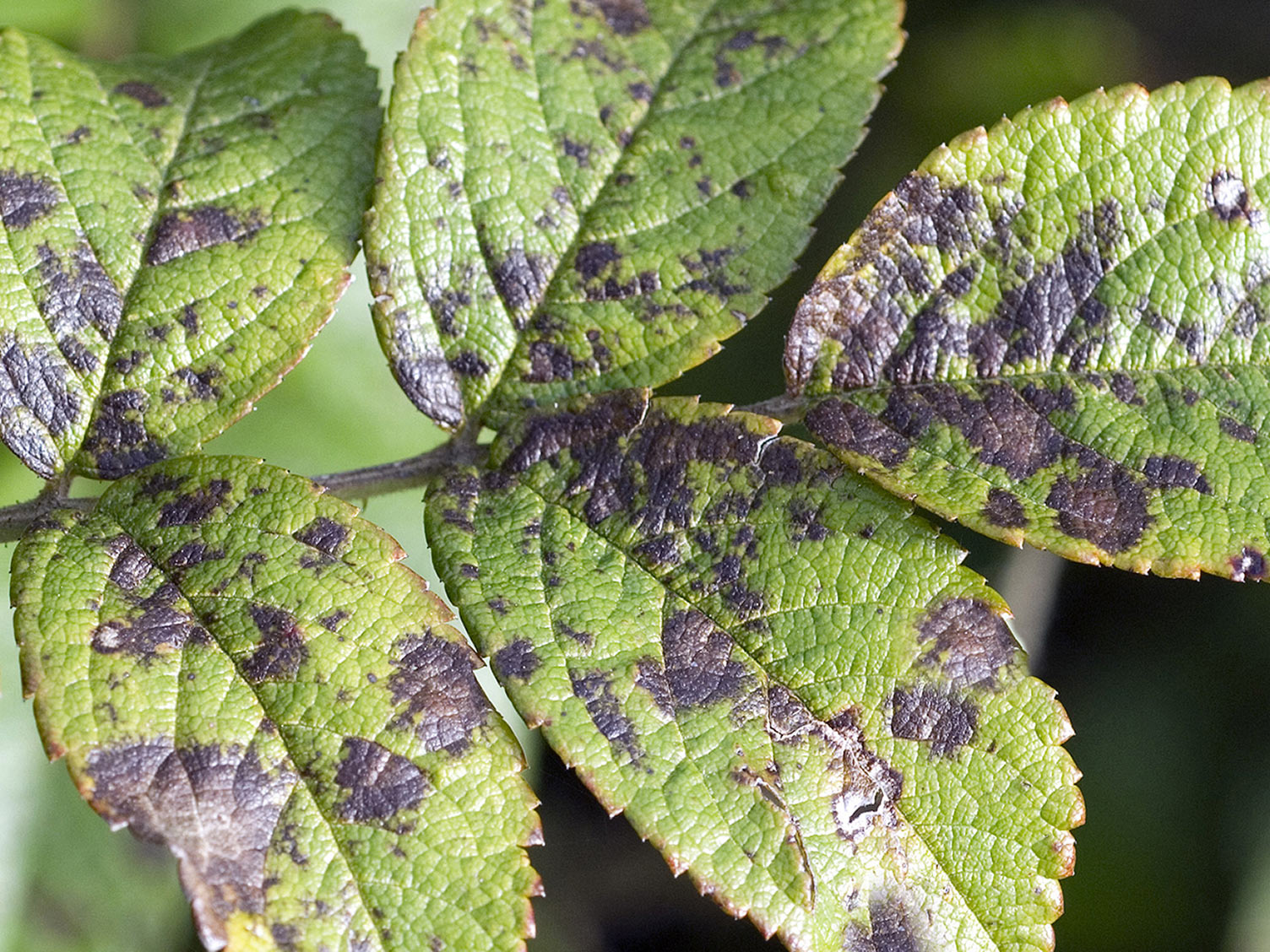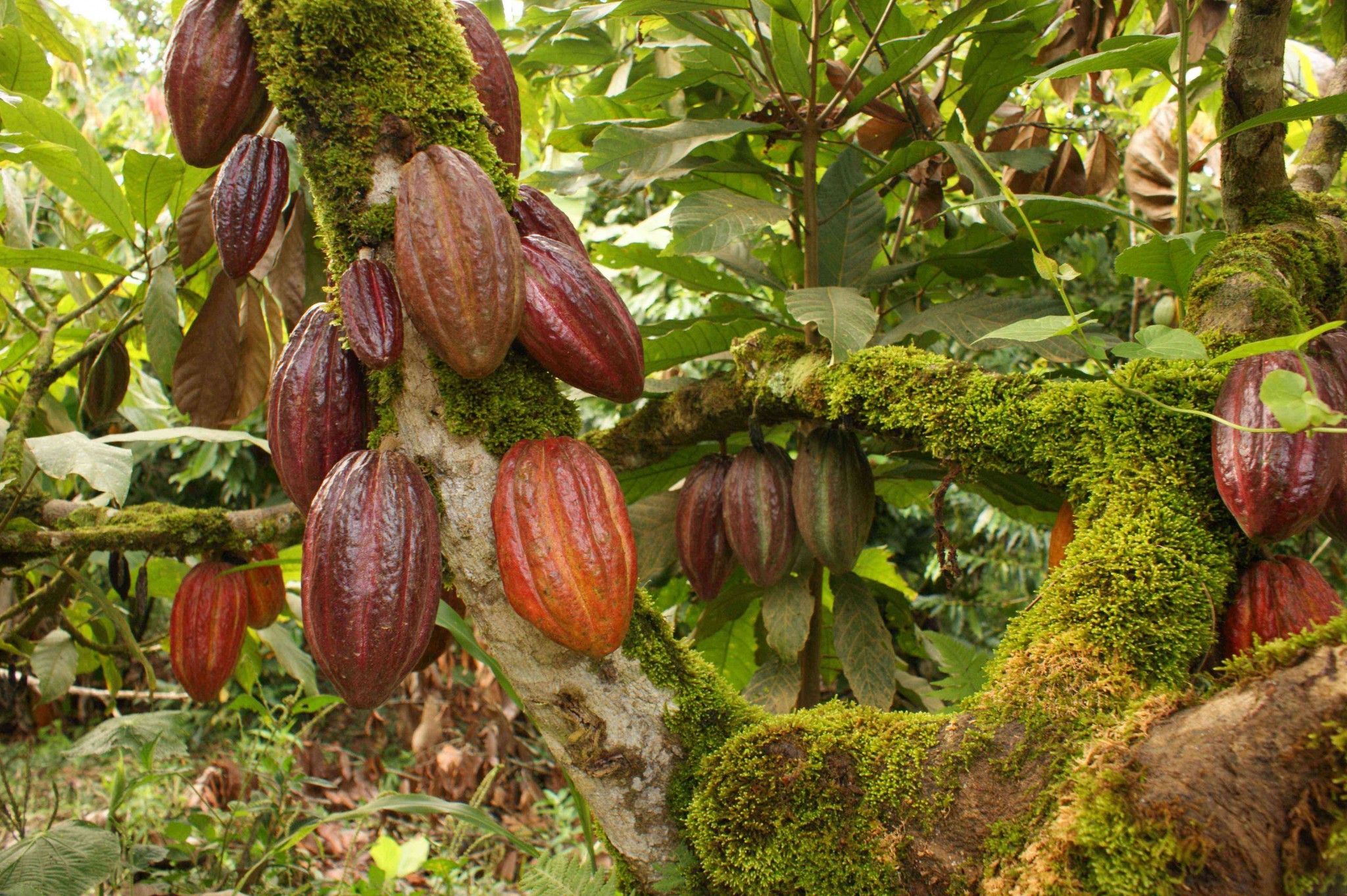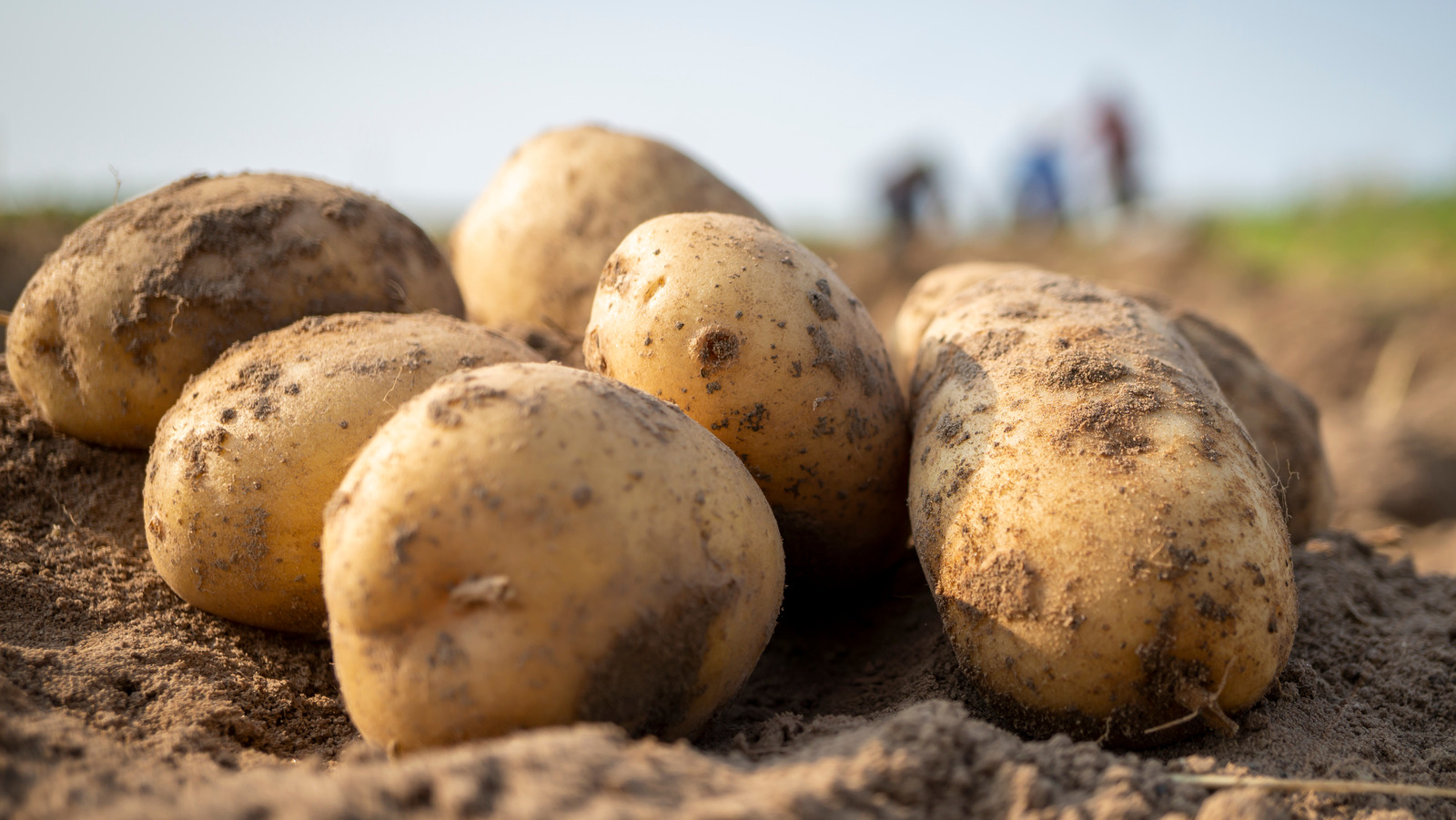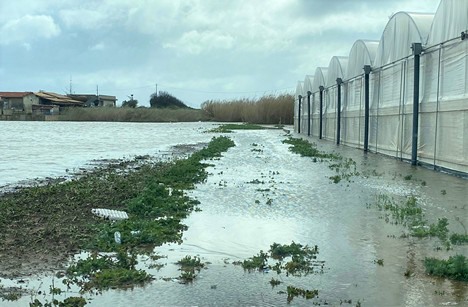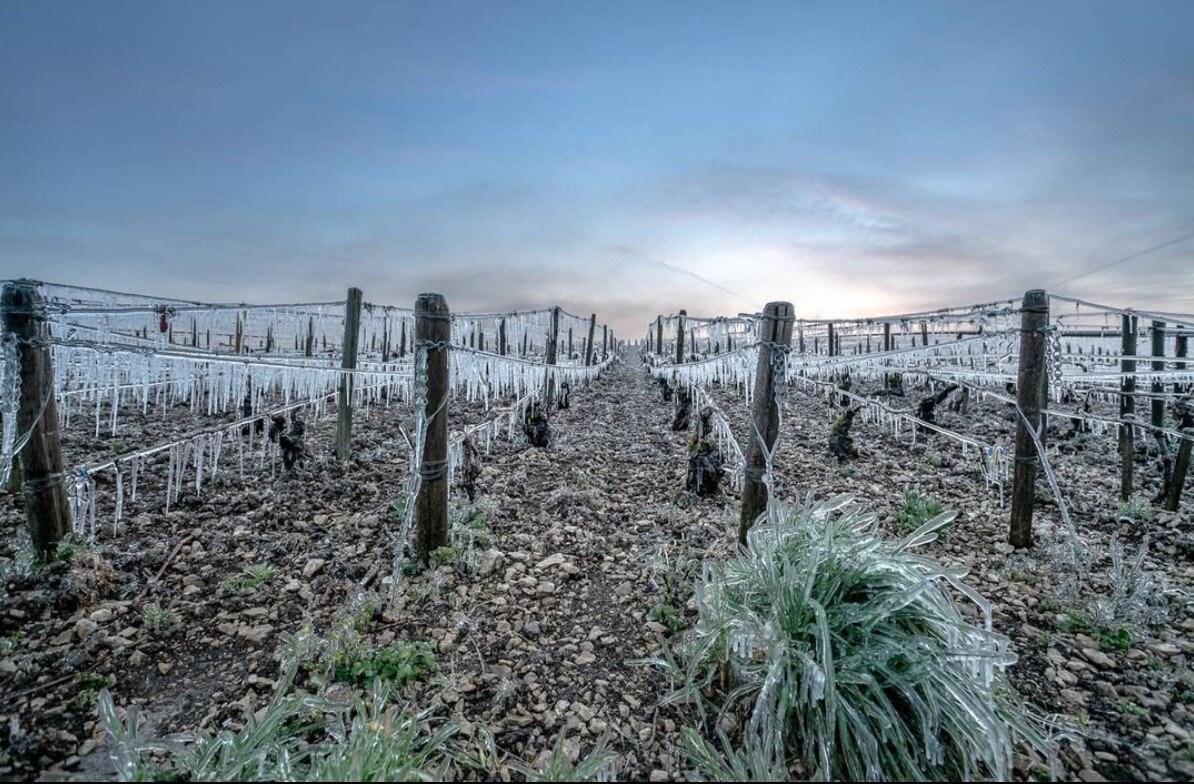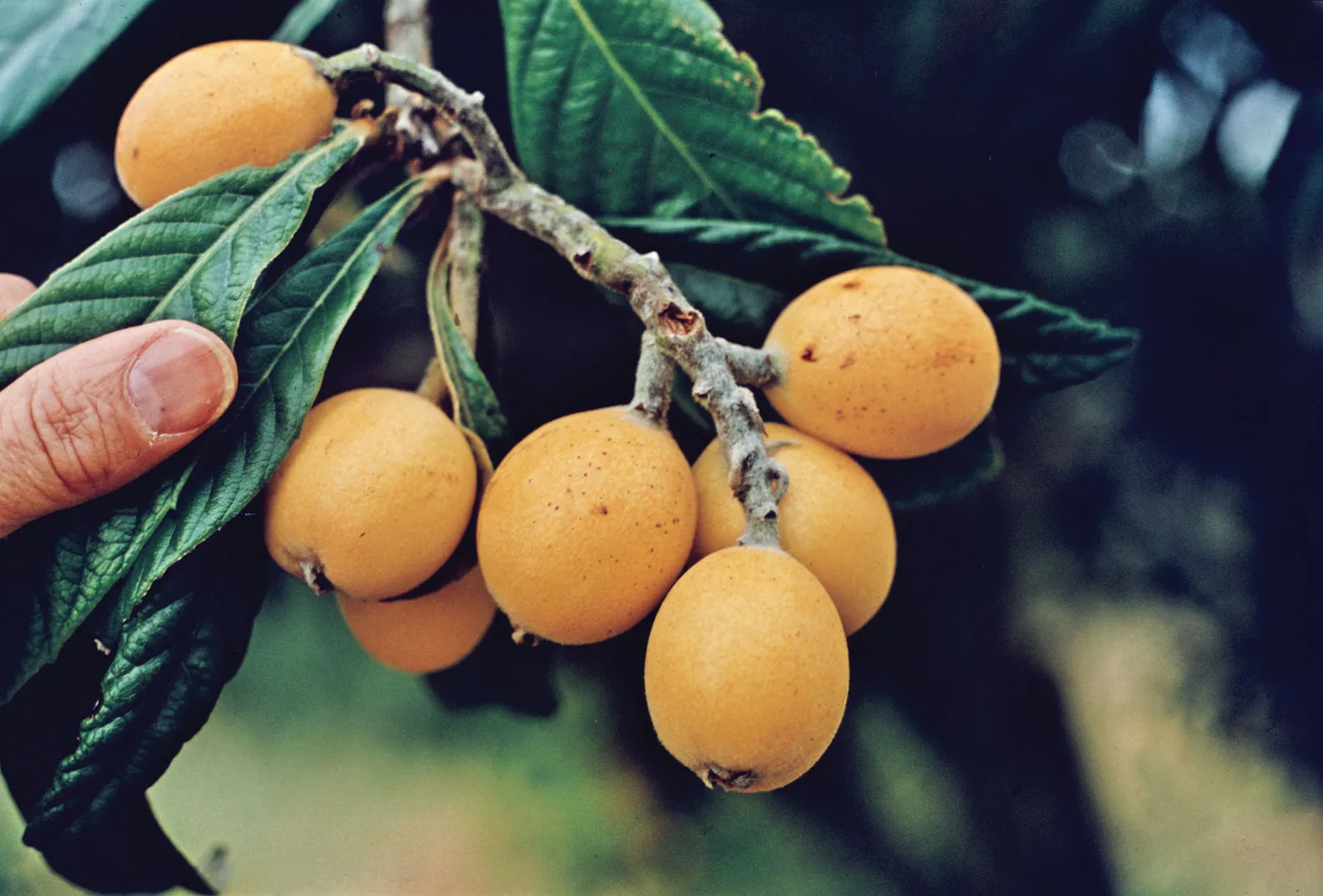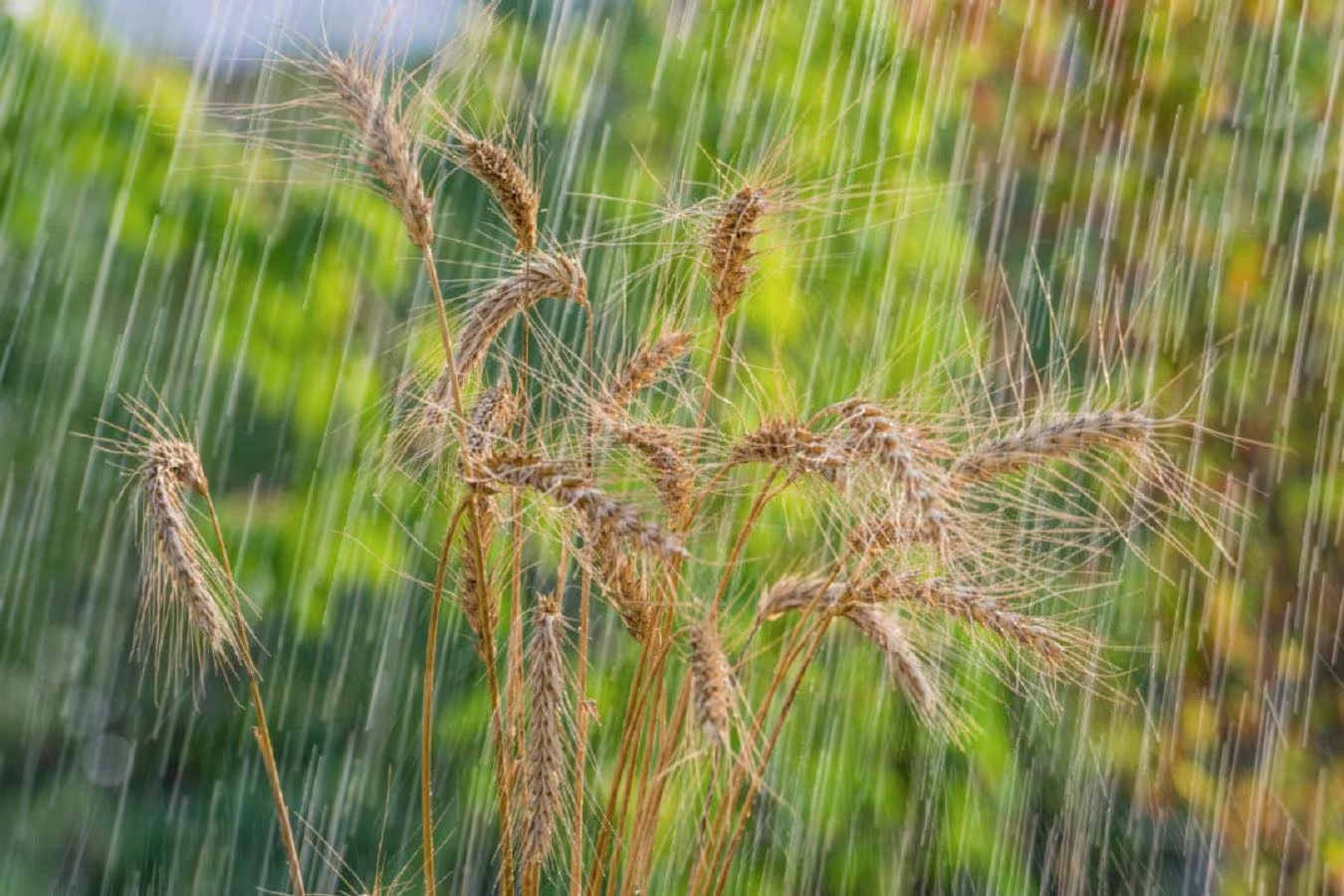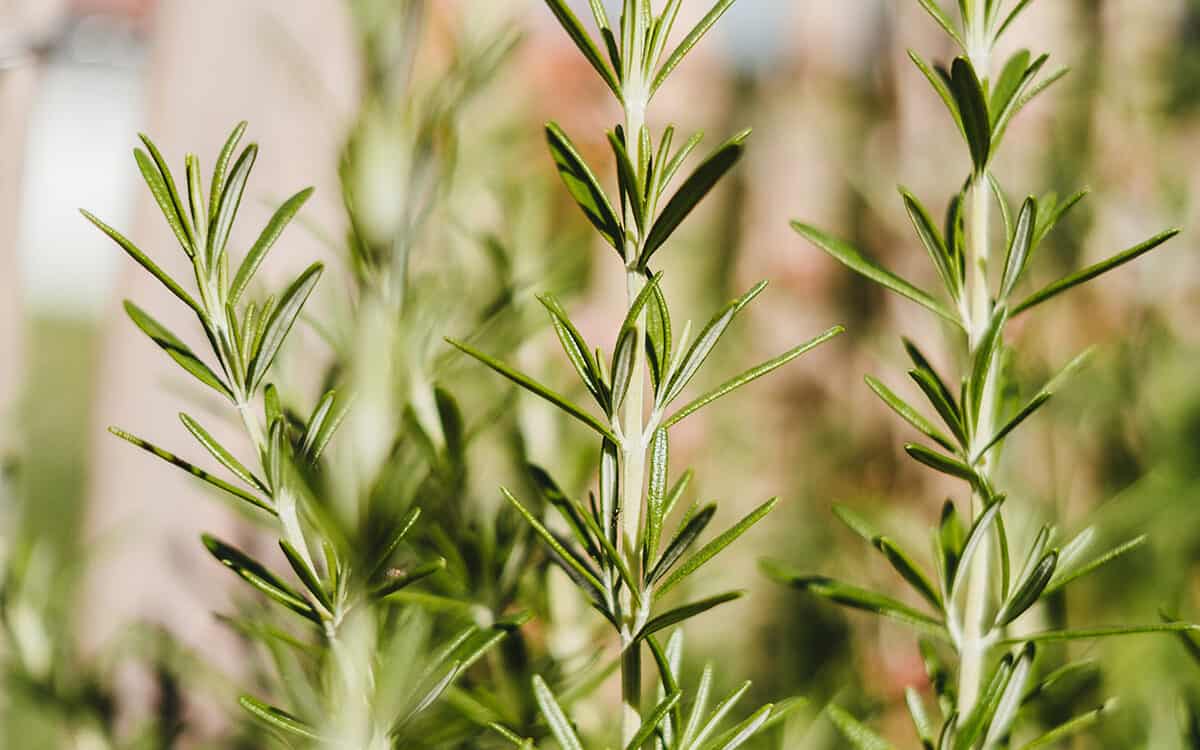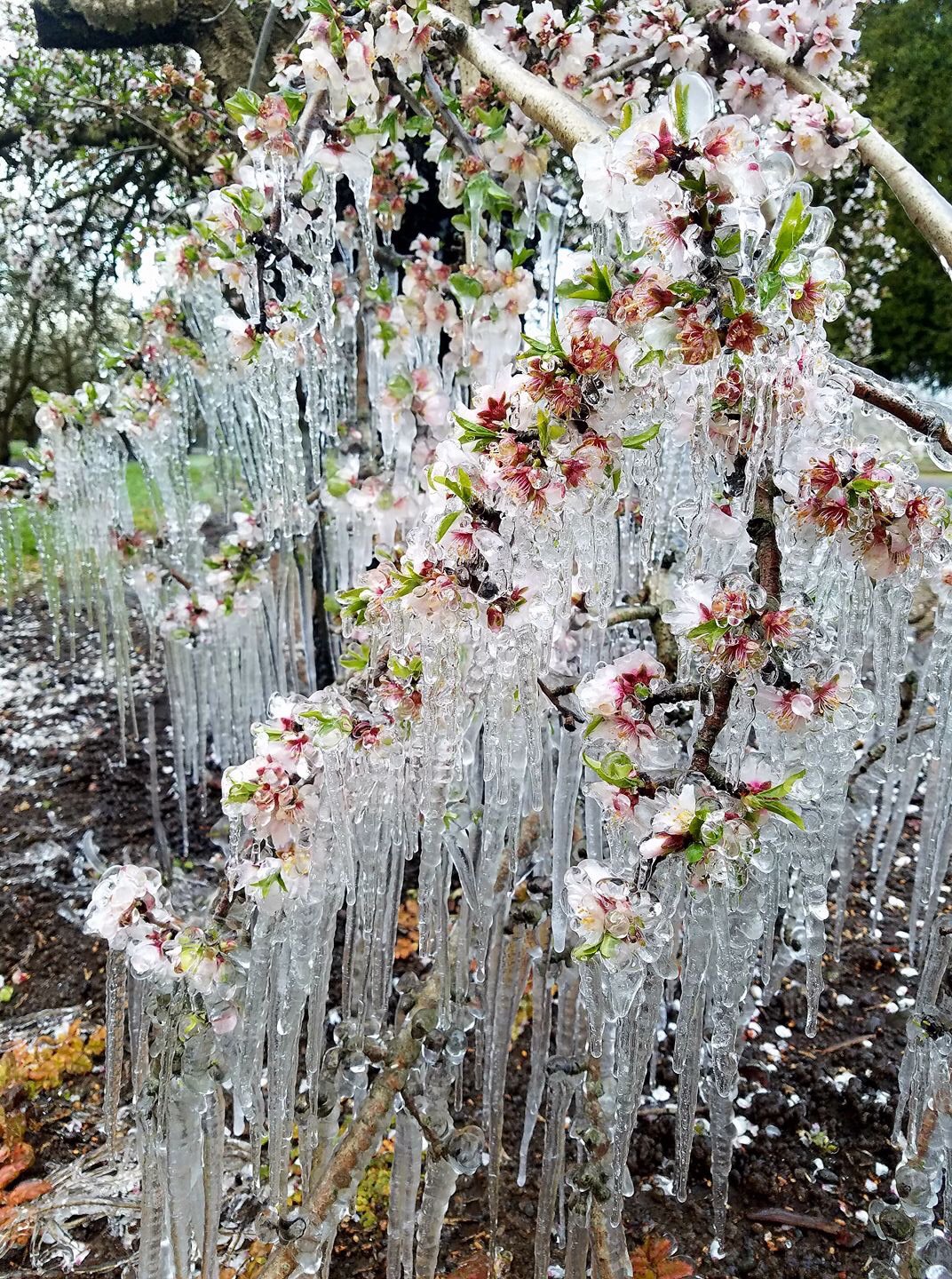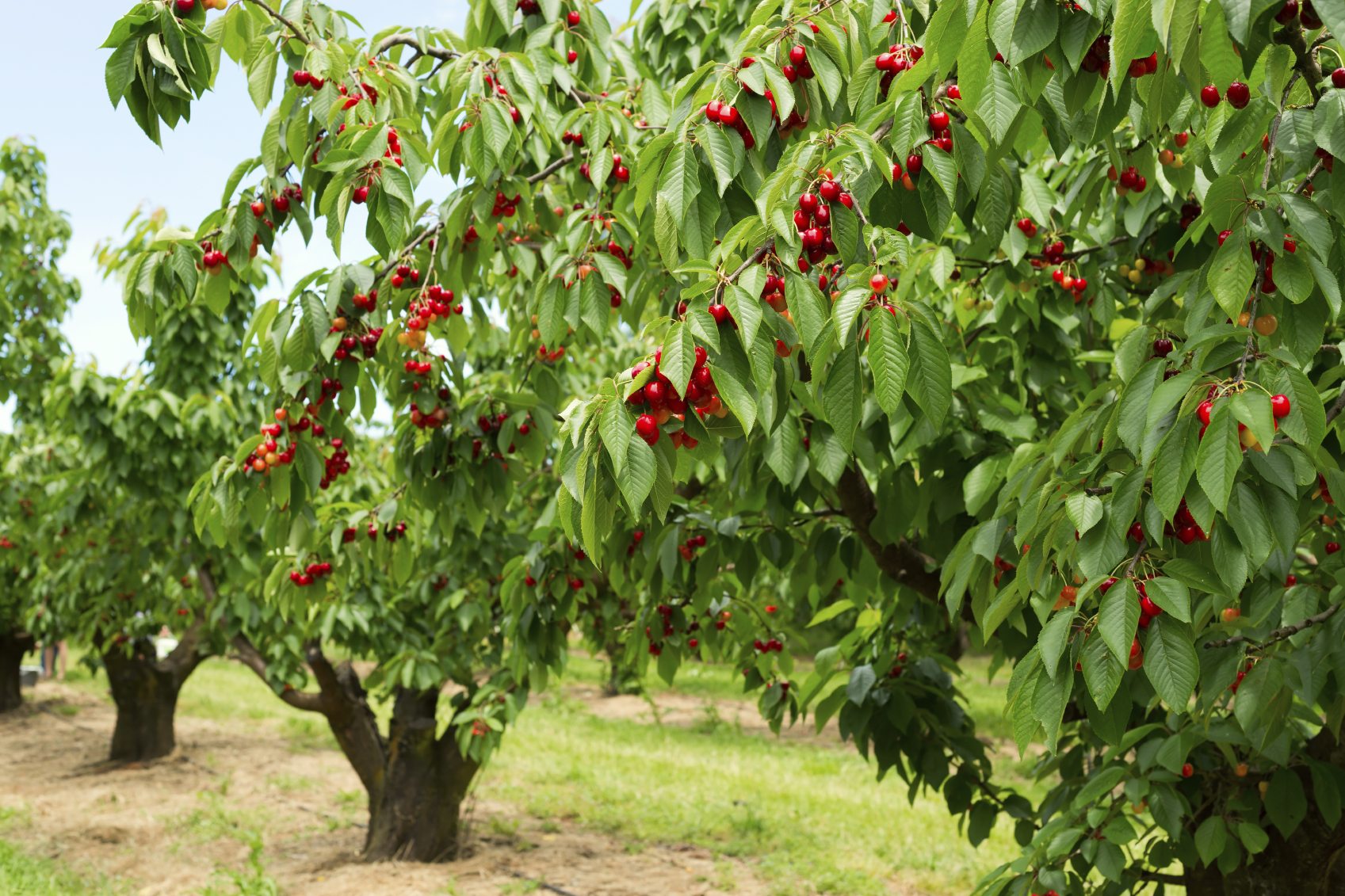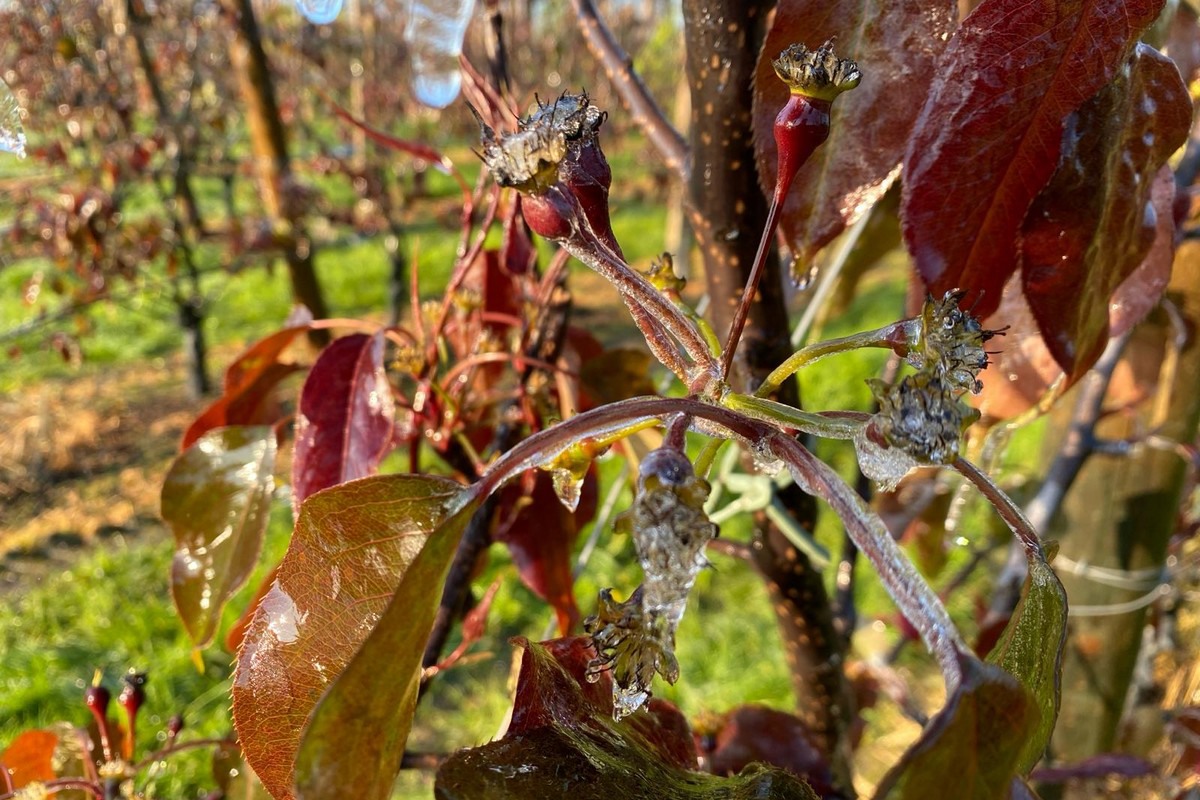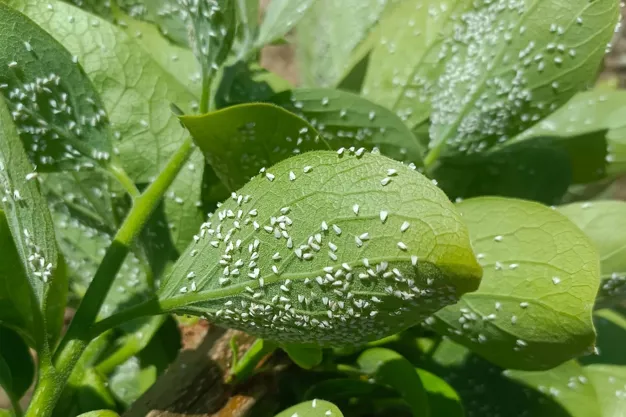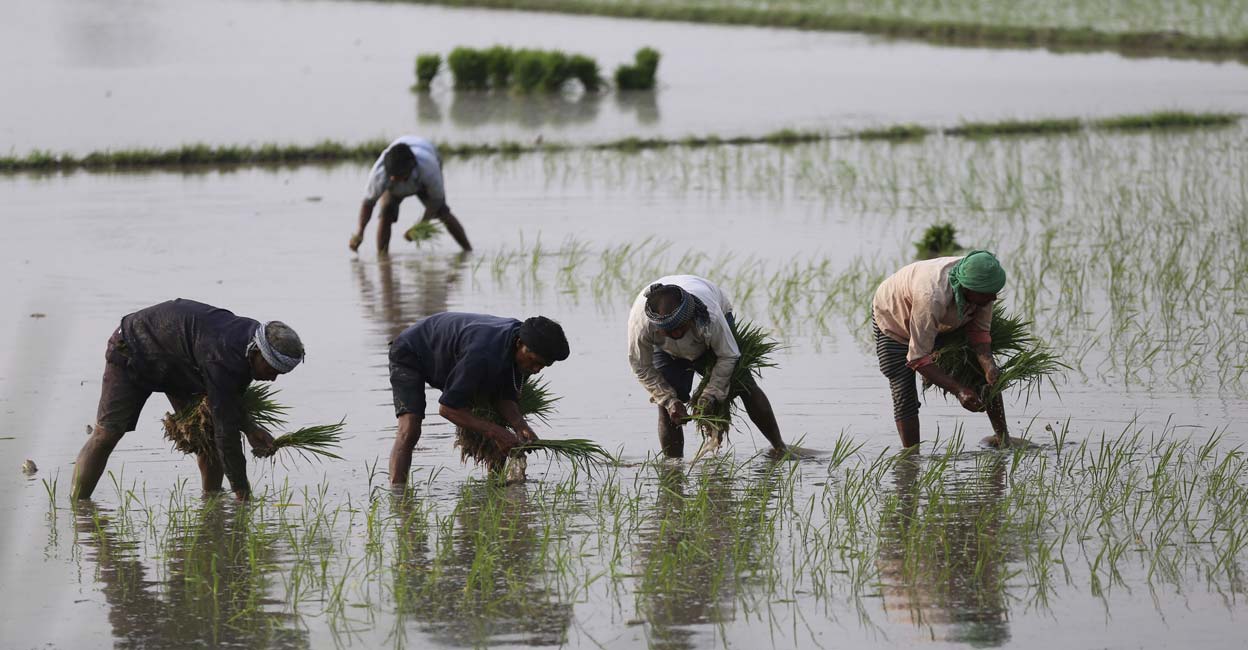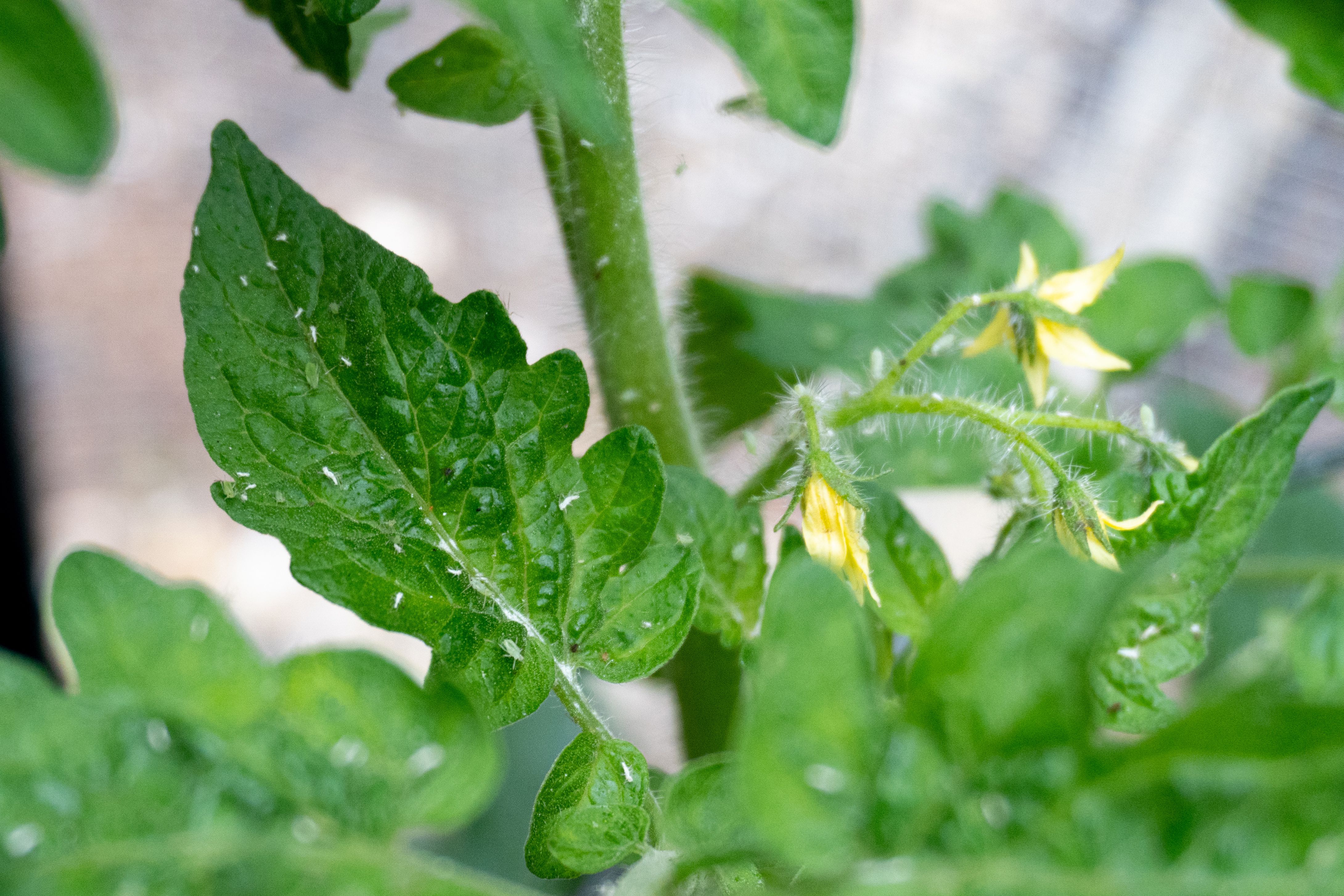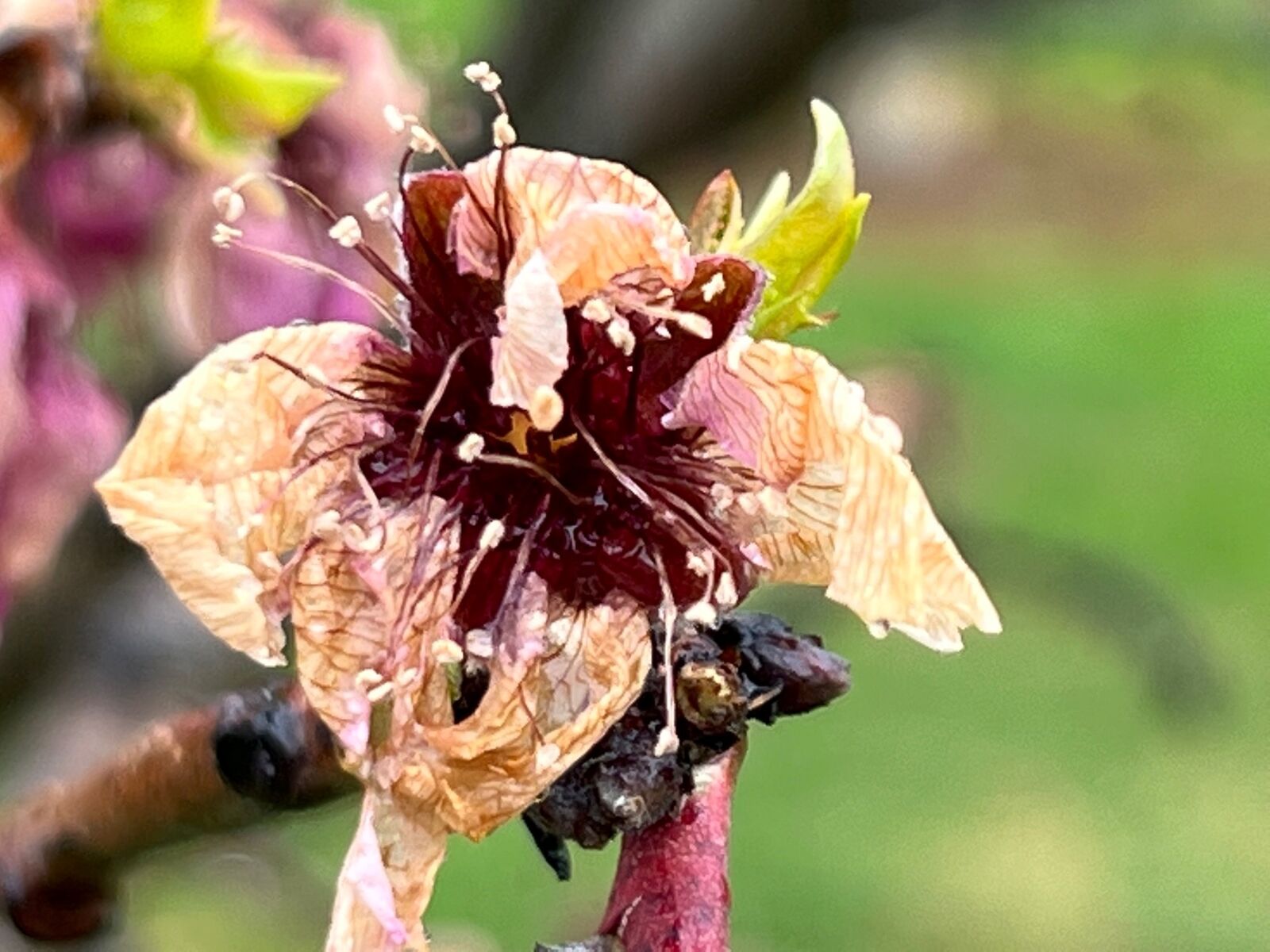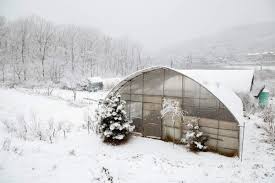According to information from the USDA for the 2019-2020 season, world cherry production is expected to decrease slightly and amount to 3.6 million tons. This decline is due to the damages that the weather caused on cherry crops in the European Union. Even though Chile is expected to achieve a record export, world trade in cherries is expected to drop to 454,000 tons, based on lower shipments from Uzbekistan and the US.
Turkey
Turkey's production is expected to increase to 865,000. As a result of the strong export demand, producers continue to invest and improve their orchards, switching to high yield varieties and gradually expanding the surface for sweet cherries. More supplies are expected to increase exports to a record 78,000 tons, continuing its long upward trend.
Chile
Chile's production is forecast to increase from 30,000 tons to 231,000 as they have a larger area of mature trees. Between 2009/10 and 2018/19, the crop area has almost tripled, a trend that is expected to continue. The country is expected to export up to 205,000 tons in higher supplies. The percentage of exports destined for China has increased from 13 to almost 90% since 2009/10.
China
China's production is expected to increase by up to 24% and to amount to 420,000 tons, due to the recovery of the orchards that were damaged by frost last year. In addition, there are new crops that will go into production. Imports are expected to increase by 15,000 tons and to stand at 195,000 tons, as the increase in supplies from Chile will more than compensate for the lower shipments from the United States. Although higher tariffs are maintained for American cherries, the United States is expected to remain China's main supplier in the northern hemisphere.
United States
US production is expected to remain stable at 450,000 tons. Imports are expected to increase to 18,000 tons with more supplies available from Chile. Exports are forecast to decrease for the second consecutive year to 80,000 tons, as high retaliatory tariffs continue to suppress US shipments to China. If this happens, it will be the first time that US cherry exports experience a decrease in 2 consecutive years since 2002/03, when production suffered a fall of 44%.
European Union
EU production is projected to fall by more than 20%, remaining at 648,000 tons because of the hail that affected the early varieties in Italy, and the frost, low temperatures, and drought that caused a significant loss of fruit in Poland, the main producer. Lower supplies are expected to pressure exports to 15,000 tons and increase imports to 55,000 tons.
Russia
Russia's imports are expected to contract by 13,000 tons to 80,000 with lower supplies from Kazakhstan, Moldova, and Serbia.
Source - https://www.freshplaza.com


